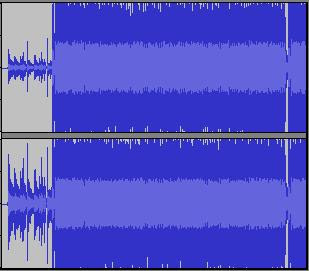Yank
Bulbous Also Tapered
But I don't see why you can't run a tube amp into an open circuit?
Because smoke will come out of the output transformer.
On the other hand, you can short the output of a tube amp but you'd better not try it with a transistor one.


